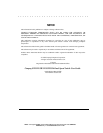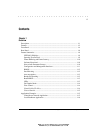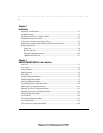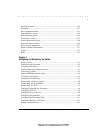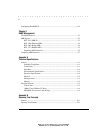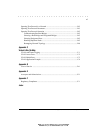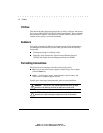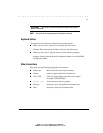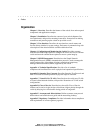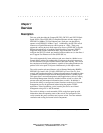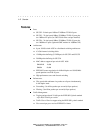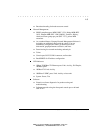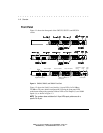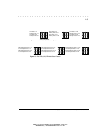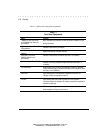
. . . . . . . . . . . . . . . . . . . . . . . . . . . . . .
M\
'SQTEU7;7;7;(YEP7TIIH7[MXGL9WIV+YMHI
;VMXIV
*VER7TVEKIRW
4VSNIGX
4VIJEGI
'SQQIRXW
*MPI2EQI
CTVHSG
0EWX7EZIH3R
%1
-14368%28
8I\XWIXSJJMRXLMWQERRIVTVIWIRXWGPEVMJ]MRKMRJSVQEXMSRSV
WTIGMJMGMRWXVYGXMSRW
238)
8I\XWIXSJJMRXLMWQERRIVTVIWIRXWMRJSVQEXMSRSJMRXIVIWX
/I]FSEVH)RXVMIW
This guide uses the following conventions for keyboard entries:
■
When you read “enter,” type the text and press the <Enter> key.
Example: Enter the Gateway IP address and press the <Enter> key.
■
When you read “select,” type the letter associated with the parameter.
Example: Select a from the System Configuration Menu to view the SNMP
Configuration Menu.
3XLIV'SRZIRXMSRW
This guide uses the following typographical conventions:
■
Initial Caps Menu titles and console menu selections
■
<Enter> Used to designate the Enter or Return key.
■
ALL CAPS Used to designate fields within the console menus.
(Example: CONNECTION)
■
courier font
Screen messages and user prompts.
■
Selection Describes a user-configurable user interface item.
■
Field Describes a read-only information item.




